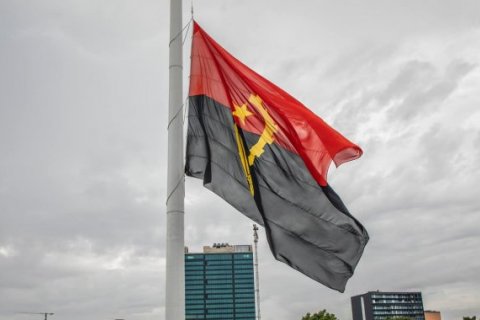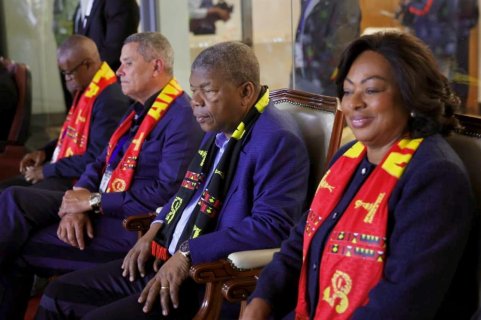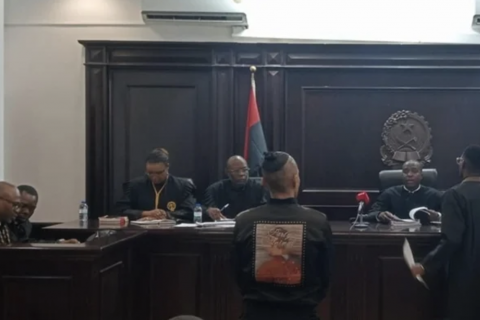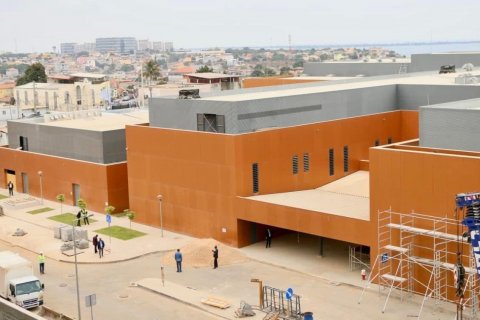The proposed Law on the Political Administrative Division (DPA), an initiative of President João Lourenço, was voted on this Friday for the final and overall vote during the eighth extraordinary plenary meeting of the National Assembly, with only the Popular Movement for the Liberation of Angola (MPLA) voting in favour.
With the approval of the DPA law, Angola will now have 21 provinces, compared to the current 18, an initiative that was strongly contested by the opposition, especially with the addition, in the special section, of the division of the province of Luanda.
The three new provinces, namely Cuando, which comes from the division of Cuando-Cubango, Cassai Zambeze, which comes from the division of the province of Moxico, and Icolo and Bengo, which came from the division of the province of Luanda, bring the country to 326 municipalities and 378 communes.
According to the report on the justification of the DPA law, the initiative aims, on the one hand, to promote the balanced development of the territory, bring public services closer to citizens and ensure the full occupation of the territory and, on the other, to rationalise the services of the State administration, increasing their effectiveness, efficiency and equity.
The MPLA's favourable vote was justified by its MP Mário Pinto de Andrade, who stated that the legislation “is in perfect harmony” with the MPLA Government's programme and the National Development Plan (PDN) 2023-2027.
“We voted in favour because we believe that the problems of the population (water, energy, housing and roads) will be resolved more quickly by public services and municipal administrations”, stressed the MPLA MP.
The declaration of vote against by the National Union for the Total Independence of Angola (UNITA) was presented by MP Américo Chivukuvuku, who believes that the objectives and principles advocated in the law “will not be achieved”.
“The paradigms and culture of centralized governance are the same ones that over the years have produced multidimensional poverty, hunger, unemployment, high cost of living, corruption, wastefulness and, in short, have prevented services from reaching the population”, he argued.
This declaration of vote was followed by shouts and slogans from the deputies of the UNITA parliamentary group who, in unison, shouted “local authorities now” and “the people want local authorities”.
The Humanist Party of Angola (PHA), the Social Renewal Party (PRS) and the National Liberation Front of Angola (FNLA), all in opposition, abstained, converging that the administrative division of the country should not respond to the country’s priority problems.
“We consider this division untimely because we understand that the country has urgent priorities to combat poverty”, said the deputy Florbela Malaquias, from the PHA.
In his statement, MP Rui Malopa Miguel (PRS) questioned the inclusion of the division of the Angolan capital in the DPA proposal, stating that Luanda has historical, cultural and economic constraints that he admitted were not taken into account in this process.
The Minister of State and Chief of Staff of the President, Adão de Almeida, previously assured that Angola's new DPA should come into force in 2025 and that the General State Budget (OGE) for that year, which should be approved by the end of 2024, should already include funds for the 21 provinces.







